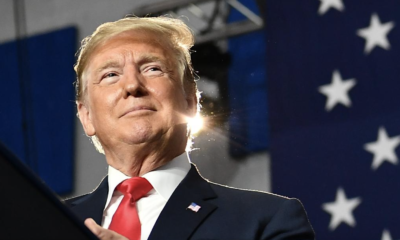Political
Alternative Preamble of the Constitution of India

Once Ramu, a son of a common man, a class XI student was given a task to write Preamble of the Constitution of the fictional nation called ‘The Democratic Republic of Bharat‘ in taking into account the prevailing political, social, cultural, geographical and economic condition etc. of the Democratic Republic of India. Instead of writing the preamble of the fictionalized nation, the boy mismatched the preamble of the ‘Democratic Republic of India’ with the ‘Democratic Republic of Bharat’ in his teenage innocence. Though, the boy did remarkable job, the teacher failed him. Here’s why –
WE, THE PEOPLE OF BHARAT, for Lord RAMA’S sake, having solemnly resolved to constitute BHARATinto a CORPORATE COLONY, CRONY CAPITALIST, HINDUTVA FUNDAMENTALIST(with more than a slight touch of MUSLIM BROTHERHOOD), PROPAGANDIST DEMOCRACY, RE – UPPER CLASTE and to secure all its loyalists (dishonest nationalist) and insecure all its citizens (especially Critics and Human right activist) :
JUSTICE, in every bit of the life, from sex and family to food habits, education, health and social standing etc., in extreme poverty and displacement, in political representation (Representation with fear and favor is the only criteria to qualify for politics);
LIBERTYof conservative thoughts, controlled expression, blind belief, fundamentalist and violence driven faith, not so holy worship;
EQUALITYof status only among their respective classes and castes and of opportunity limited to upper and middle class, on the merit bases;
And to promote only among 10 % of them all
FRATERNITYassuring the dignity of the individual to die in hunger and debt and the unity by every hook or crook (including mass rapes, detentions and genocide) and propagandist integrity of the urbanized Nation;
IN OUR NATIONAL ZOO, this thirtieth (30th) February, 1952, do HEREBY ADOPT, ENACT AND GIVE TO OURSELVES THIS CONSTITUTION.
CONTENTS OF THE PREAMBLE
Lord Rama
My opinions are not favorable toward Lord Rama because of my name Ramu against other 330 million of the Gods and Goddesses. However, the Lord Rama is the God of small things for Hindus. Every Hindu is afraid of him. Many of them are fighting to establish Ram Rajya in Bharat. So popularity is the criteria here for insertion of the Lord Rama’s name.
Corporate Colony
According to the General Principles of Civilized Nations, a CORPORATE COLONYis a non-physical or invisible law-making and administrative ideology that is represented by only one centralized goal PROFIT that has sovereignty over an economic greed and minds of the political class. (In preamble these people are quoted as Animals and Birds of the National Zoo). International law defined corporate colony as having a permanent population in extreme poverty and distress, defined territory wasted in the interests of the corporate houses and ruling class, one puppet government (a political entity formed on the propaganda of democratically elected representatives). According to Anti National activist Nilesh Jain, “the existence or disappearance of the corporate colony is a question of fact. While according to the School of Propagandist Theory of Statehood, which is coined by the greatest humanist of our time Henry Kissinger (a person directly responsible for killing of 4 million people and many more indirectly), “principles of a corporate colony can exist without formally recognized by the political entity of the particular state”. Political entities will often find it hard to formally recognize the existence the principles of the colony in the fear of anti-nationals, independent journalists, researchers and human right activists etc.
Crony Capitalism
A political economy in which success in the political economy of the state is depends only on close relationships between corporate people, government officials and politicians. It may be exhibited by favoritism in the distribution of legal permits, Government grants, special tax breaks, or other forms of state interventionism in the favor of the corporations. The ‘Economy’ in modern sense means, ” A state having permanent poverty and hope (of getting stomach full of food twice a day, decent clothing and shelter) in the minds 99% of the population, displacement of population (temporary and permanent both multiple times in their small life), suicides of farmers, agricultural loan to Corporate houses in urban areas, tax write offs to corporations, Corporate subsidies, Political economy stand on the permanent broken legs of Foreign Direct Investment (FDI) and the development of the state will only be judged by GDP ratios.
Hindutva Fundamentalist
Hindutva fundamentalism is different from Hindu religion. The former is a political ideology to win elections in the name of religion, caste, culture and nationalism, the latter is a religion (limitation). Muslim brotherhood is a sister ideology of Hindutva fundamentalism. The difference between both is just one, former is derived from Muslim limitation and latter is from Hindu limitation for gaining political power.
Muslim Brotherhood
Inserted by the Constitution (Seventy Second) Amendment Act, 1990. The amendment was carried out in the wake of revolt of Muslim community in J&K for the independence in mid of 1980s. But the revolt had changed its course at the end of 1980s and groups of terrorists took over the revolution and turn that into religious fundamentalism. The events and amendment was part of the government’s scheme to improve the conditions of the minorities, not just in J&K but all over Bharat. The main objective of the amendment is to improve Muslim fundamentalism at par with Hindu fundamentalism and to create an equal society for all religions goons, terrorists and especially for political goons. The demolitions of Babri Masjid, after riots and Bomb blasts in Bombay and other cities are some of it success stories.
Propagandist Democracy
It is a system of government in which all the people of the state or polity are involved in decision-making about its affairs, typically by voting to elect morons and corrupt representatives to the legislature, to take decisions on behalf of them or to be ruled by them and their corporate buddies only. According to anti national activist Nilesh Jain, “In modern times, Democracy is the process to elect the Government of the Upper Claste People, by the Poor People and for the Corporate People”. The definition is widely accepted by political class all over the world.
Re Upper Claste
It is a sovereign state, which is organized with a form of government which resides in the elected upper caste or class individuals only, representing the citizen body, and the government leaders exercise power according to the rule of Manu, rule of Brahmanism, rule of personal prosperity, rule of Kissinger, rule of profit making and specially rule of law made exclusively by dominant class, suited to their whims and fancies. The modern day monarch such as Gandhi – Nehru Family, Badal Family or Abdulla Family etc. is the perfect example of re-upper-claste society.
Dishonest nationalist
Inserted by the Constitution (Ninety-Ninth) Amendment Act, 2014. With effect from 26th of May, 2014. The amendment was carried out to make new assembly line of the loyalists, fake nationalists, Hindu religious and NAMO Bhaktas etc. The main objective of the amendment was to create a pat(riot)tic and favorable atmosphere for the growth and development of some favorable companies(domestic and international), politicians in power and create a Hindu Rastra for RSS and other organization.
Critics and human rights activist
Inserted by the Constitution (Ninety-Ninth) Amendment Act, 2014. The Ninety-ninth amendment was carried out for the same reason stated above. To suppress a few true criticism and human right activities exist in Bharat,these words inserted by the parliament, so that the government can create their own version of truth and development in the society.
Representation with fear and favor
Substituted by “Congress dynastic politics and dictatorship of Gandhi-Nehru family” in Forty Third Amendment of The Constitution, 1978. This amendment was carried out to replace “Congress dynastic politics and dictatorship of Gandhi – Nehru family” with the existing fear and favor criteria for the politics by Desai government. The main objective of substitutive amendment is, to make politics for all upper caste and class politicians and not just for Gandhi – Nehru family only. The amendment is a partial success, as you can see NAMO is a Prime minister of Bharat. But Congress party is still in hand of Gandhi – Nehru family.
Mass rapes, detentions and genocide
Substituted by “Harsh preventive detention” in The Constitution (Ninth) Amendment Act, 1958. The amendment was a gift from a person known to the term ‘preventive detention’ in not just theoretical sense but in practical sense too. After ruling country for 10 years, he came to the conclusion that his British Bose’s were right. The country can’t be run by harsh preventive detention laws. We need laws that can suppress almost anything by the moral and democratic principles of rapes, murders, displacement, genocide, detention to the army of millions. His idea to create India into modern industrial rich nation with big dams and assembly line of non-educated and poor labor class etc. was/is to be achieved by Armed forces (special power) Act, 1958 and other draconian laws. Any one against Nehru established development philosophy is known as terrorist, uneducated, tribal, leftist, and rightist and against nation (Nehru) etc. The success of the amendment is existence of Northeast states and J&K in Union of India with army of half a million soldiers and uncontrolled police and that is all. These soldiers and police people are also a part of assembly line of labor to create Congress (Nehru) established growth and development environment Nehru was best pupil, Mahatma Gandhi ever had, he who not only abandoned every single principle of nation building by Mahatma Gandhi but his own principles of nation building too.
National Zoo
Anti -National activist Nilesh Jain coined the term “NATIONAL ZOO“. According to him, “All types of animals and birds from all over India are representing THE PEOPLE, here in the Parliament of India, so we should call it National Zoo of Corrupt and Moron Animals and Birds”. Which was wholeheartedly adopted by Gandhi Government in 1984 and the word Parliament is given second priority and used instead of National Zoo, when required in international forums and public debates. It was Gandhi’s first and most respected step toward colonization.
(Disclaimer– This is a work of fiction. Names, characters, businesses, places, events and incidents are not the products of the author’s imagination but used in a fictitious manner. Any resemblance to actual persons, living or dead, or actual events is purely deliberate.)
Legal
Look at Afghanistan; why human rights are inextricably linked with the rule of law
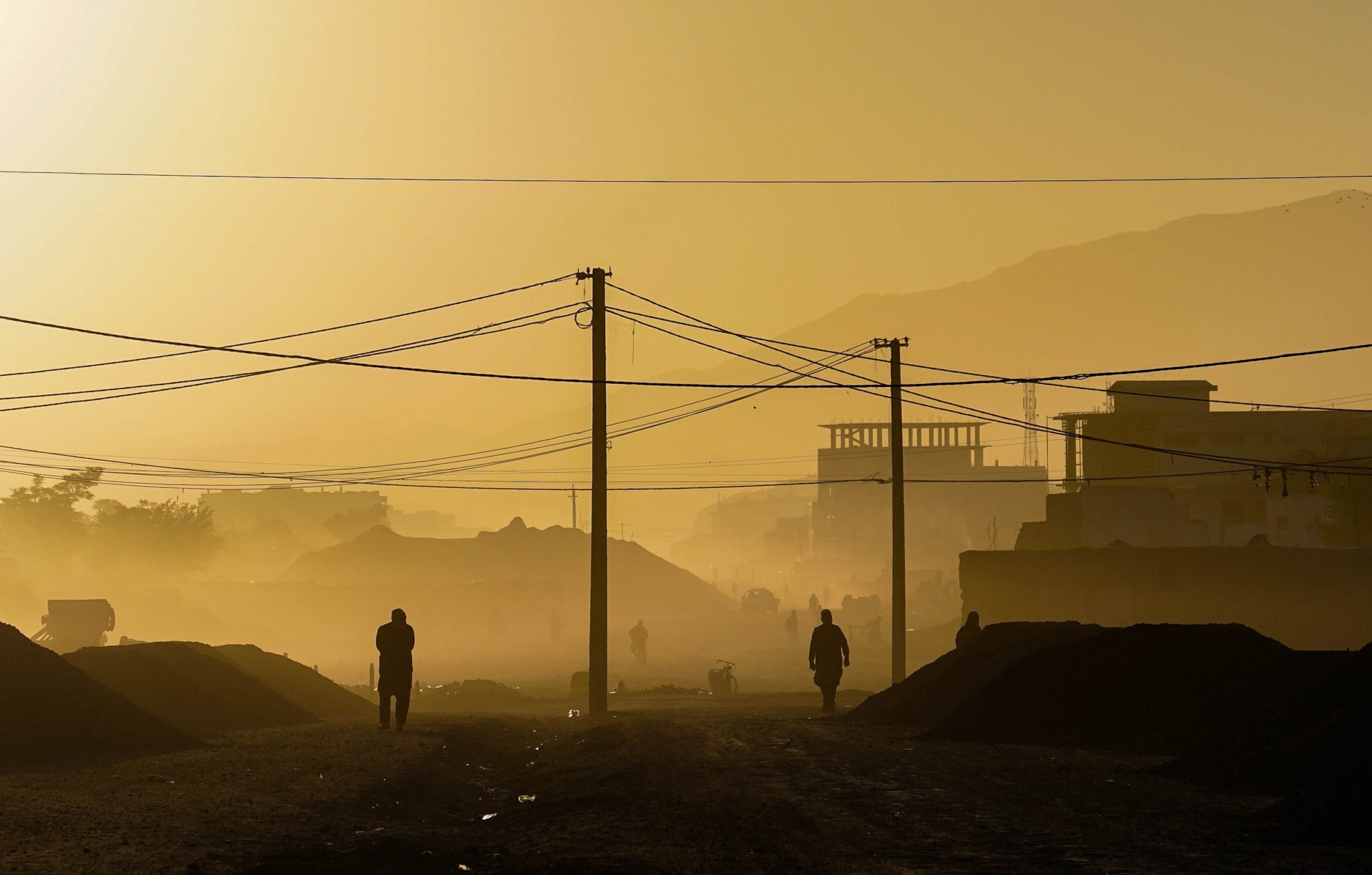
Behind the guise of legality, numerous injustices have disregarded human dignity. Yet, in modern society, we often dangerously misinterpret justice and legality as synonymous. One such atrocity is ‘slavery’. However, Raz claims that ‘slavery’, does not infringe on a state’s capacity to govern within the boundaries of the rule of law.
This is because Raz views the law through the lens of the present, ie what it is, as opposed to future aims, ie what it should be. In doing so, Raz separates the ‘law’ from any ideological, moral or philosophical ideas. Raz outlines that the law can do good and bad and has no inherent moral philosophy attributed to it. Raz’s definition makes no distinguishment between mere legality and a law that embodies justice.
However, I find this theory disagreeable, as it neglects the relationship between human rights and the rule of law.
It is generally agreed that the primary function of the rule of law is to protect citizens from unpredictable and/or arbitrary powers (of the government or other citizens). This is impossible to do without recognising and encouraging human rights. If human rights are not upheld, the position of a group or individual within a society is not guaranteed to be secure and thus can be changed unpredictably and/or arbitrarily. One cannot protect or ensure stable prospects if their status in society is akin to a torturous limbo.
Now, direct your attention to the current situation in Afghanistan, where citizens fear day-to-day activities in case of arbitrary power used against them. Particularly affecting women and girls. One may draw attention to female education. Whilst currently girls are allowed to attend school, the situation is growing uncertain and fearful. Without any formal recognition of the right to female education, many families may choose to not send their daughters to school, or institutions may not enrol girls just in case of a change or growing extremist pressures. Likely, pubescent girls will not be able to gain an education. Living in fear, unsure of one’s status and rights day-to-day, is not recognising the rule of law.
Raz may argue; if there is an intelligible and accessible law banning female education, that this would constitute the rule of law. However, this is incorrect as it discriminately disregards human dignity, whereas, within the rule of law, the law must view everyone equally. This is not an ideological statement, but a practical one. If the law can arbitrarily persecute one group, there is no logical boundary preventing the persecution of another group, as all humans are made equally. The law cannot discriminate.
But what if nobody was allowed an education?
If we are to take Raz’s argument to its extreme it is still flawed. This is because no country that respects human dignity would ban or pervert education, as this can be linked to other fundamental rights. Any country that threatens to ban education essentially imprisons and enslaves its citizens, tyrannically stripping rights and causing a power imbalance between government and citizens.
I echo Bingham’s opinion, that the rule of law and human rights are inextricable. Any law that offends human rights does not align with the rule of law or good governance, as there is a distinction between mere legality and observing the rule of law.
Hosseini, an extract from A Thousand Splendid Suns;
‘“It is my responsibility to maintain order”…She was stunned that he’d used that word in the face of all that the Mujahideen factions had done- the murders, the lootings, the rapes, the tortures, the executions, the bombings, the tens of thousands of rockets they had fired, heedless of all the innocent people who die in the crossfire. Order. ‘
The law, as a tool, should be used positively, carving parameters of a present and ideal future society, ie what it should be. This ensures that human rights are predictable not only today but should be upheld in future generations too. By implementing such irremovable rights, a citizen’s position within society is secure and predictable for the future, decreasing the potential for the future tyrannical rule, encouraging good governance.
In the current global political climate, we must not be blind. Order is not a good order. Without distinguishment, we cannot hold ourselves or others accountable for actions that disregard human rights and dignity. The notion that we should not aim for a world where human rights are respected, or at least regarded as inextricable to the rule of law, is a world that does not value human dignity. No good order, no peace can be birthed from a land tense with fear and arbitrary actions. Ironically, Biden’s recreant retreat from the ‘forever war’ has reinflicted suffering, in the name of order. When will we learn?
The rule of law is inextricable from human rights.
Legal
The UK Constitutional Framework: Twists and Turns
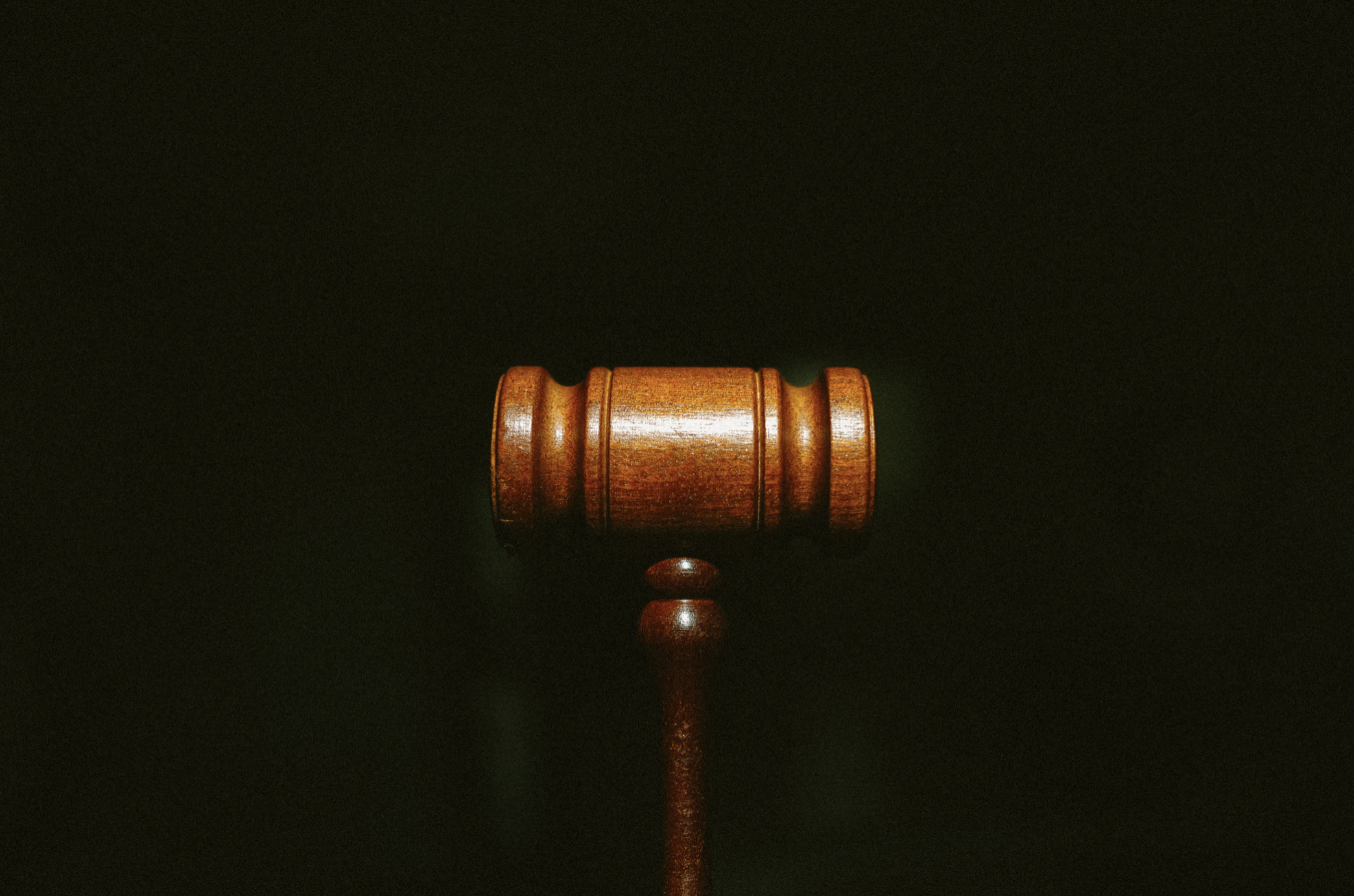
The United Kingdom is unusual in having no constitution set out in a single document. But the history of the last hundred years of near universal suffrage has not suggested that this has been an impediment to the operation of a successful parliamentary democracy and calls for change in this area, although frequent, have given rise to little visible public support. Yet our constitution has certainly not been static in this period. Both devolution to Scotland, Wales and Northern Ireland and our membership of the EU – as well as our departure from it – have all given rise to significant constitutional change.
Underpinning our system are largely unwritten rules of conduct for the executive and Parliament that create the trust which is essential for a political community to function and for minorities to accept majority decisions. This is a process of debate and legislation conducted within ground rules that ensure that all sides will feel that a matter of importance has been properly considered, with divergent views taken into account. It also provides a framework that conditions the use of executive power when the government enjoys a parliamentary majority, preventing abuse and supporting the right to opposition. When it is working, it has been one of our country’s defining strengths; both in the flexibility it gives government and in identifying us as a political community united by the way we govern ourselves.
But there are, to my mind, worrying signs that this framework is in danger of being abandoned. Recent events have created a number of instances where the government has departed dramatically from these standards.
The first example is the attempt at proroguing Parliament by the PM in September 2019. As a royal prerogative power to be exercised on the advice of the PM, it should have been obvious that it should not be used to silence Parliament at a time of national crisis, however convenient it might have been to the government to avoid parliamentary scrutiny when it was mired in a crisis with the EU on the terms of our departure. Yet not only did the government proceed with prorogation, but it also did not tell the truth about its plans to do so and was unable, when challenged in court, to provide a valid constitutional basis for it, relying in reality on an argument that the power to prorogue was a naked political power that was non-justiciable.
A similar slide from acceptable constitutional practice can be seen in the November decision to amend the Internal Market Bill in a way that was in clear breach of our inter- national legal obligations under the Northern Ireland Protocol of the Withdrawal Agreement. There was of course nothing legally to prevent the government acting in this way. Under our dualist system, an international legal obligation is unenforceable in our courts without domestic legislation and the government was going to repeal that legislation. But to deliberately break international law in this way was unprecedented by a UK government. It also required the PM to ignore his own Ministerial Code that included a requirement for ministers to respect the rule of law – which previous UK governments had argued in court included international law as well. Notably, participation in drafting the legislation was in breach of the Code of Conduct for Civil Servants for the same reason. But the Cabinet Secretary instructed them to ignore its terms to conform to the PM’s instructions.
When I was Attorney General, it was a part of the Attorney’s role not just to advise on the law but also to seek to ensure that a government behaved with propriety. It was part of the Attorney’s remit to do this because it was the policy of successive governments that they should be seen at all times to be doing so. In the case of the Internal Markets Bill, the present Attorney not only provided a “legal” justification for breaching international law that fell well outside the range of what was reasonably arguable, but also reinterpreted the Ministerial Code in contradiction of the government’s previous position, thus avoiding the embarrassment of the PM having to rewrite the Code first.
It may be hoped that these examples are a reflection of the extraordinary pressures that the government was under during the Brexit process. But such cavalier disregard for both the rule of law and constitutional convention has the potential for long-term effects. The handling of the Covid-19 crisis has seen an astonishing abandonment of ordinary rules of legislative propriety. Helped by a largely complaisant House of Commons, the Government has been enabled to enact and exploit loosely worded legislation giving it the power to regulate and penalise individuals by creating serious criminal offences by decree, without even the need for advance parliamentary approval. Not surprisingly, some of the rules have been so broad as to give rise to arbitrary enforcement and injustice. Of course, some of this may have been excusable by the nature of the current emergency, but none of it was an inevitable necessity. Rather, the measures were simply short-cuts taken for the sake of convenience. Again it was noticeable that when the Secretary of State for Health came out with dire and frankly ridiculous threats of ten year sentences for forgery for providing misleading information on a health information form, it did not look as if the Law Officers had been consulted about this policy statement at all.
Fortunately for us, these failings in our democratic processes are not at present fatal to its continuance. The Supreme Court stepped in to check the capricious abuse of the power of prorogation by the PM by interpreting the law, and the House of Lords fulfilled its remit as a revising chamber by removing the offending clauses of the Internal Markets Bill which had domestic and international opinion mobilised against them. But that is not the same as good and quiet governance to which wise governments should seek to aspire. As we head towards the next big crisis (probably with Scotland) and see the headlines filled with stories of internecine feuds within a Downing Street “Court”, we should not be complacent and assume that politics is all about the chaotic exercise of power moderated only by General Elections. We have in the past enjoyed, and are entitled to, better.
Legal
A Runaway Decision? Discussing and Defending R (Plan B Earth) v Secretary of State for Transport
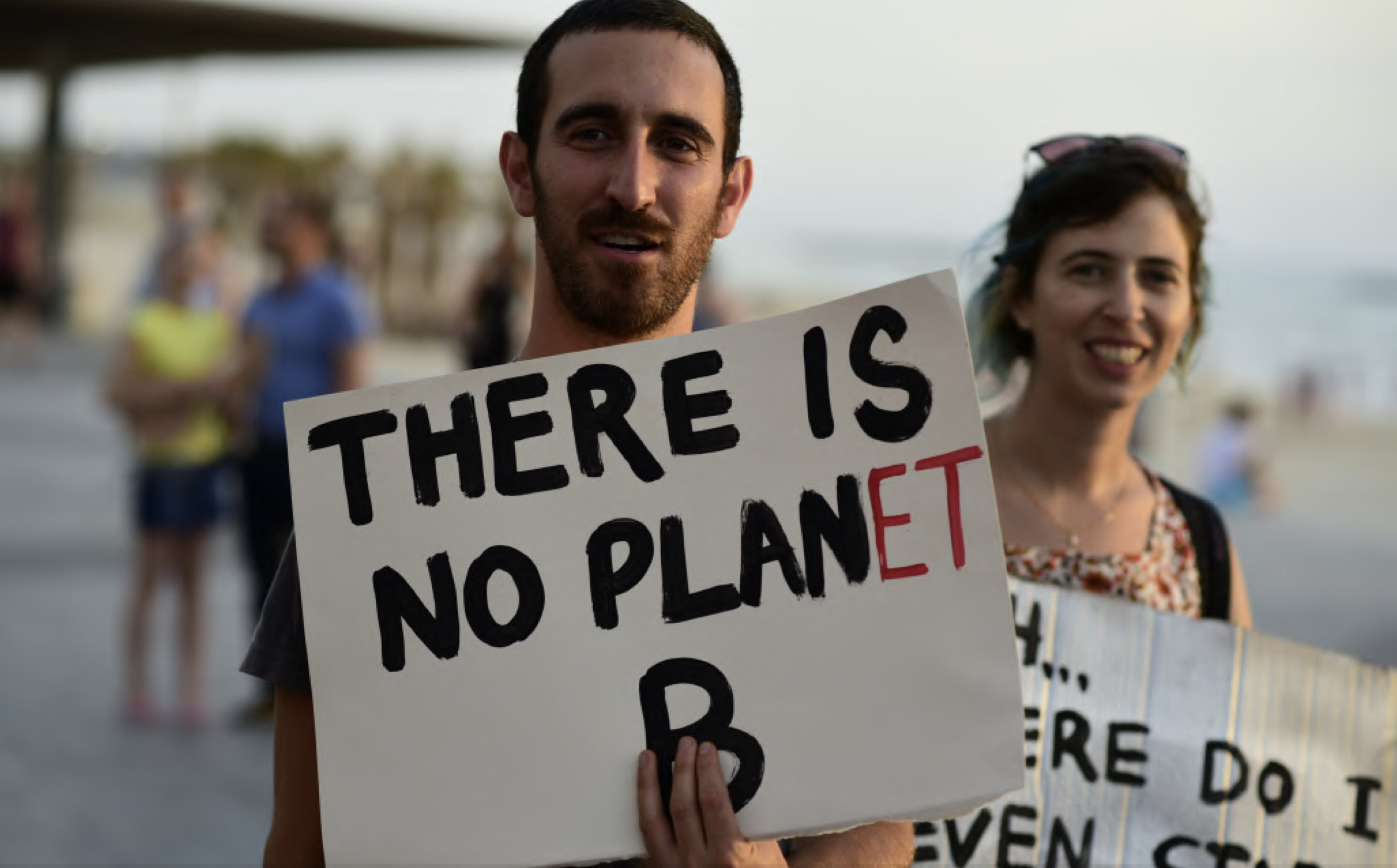
Few events have generated quite the volume and complexity of litigation as the Heathrow expansion. In Plan B, the Court of Appeal decided that the Secretary of State’s (SoS) decision to designate a National Policy Statement (NPS) under s.5 of the Planning Act 2008—supporting plans to build a third ‘north-west’ runway at Heathrow—was unlawful. While environmental campaigners may hail the decision as a triumph against globally polluting mega-corporations, its real intrigue lies in its robust use of unincorporated treaties to determine the scope of domestic law obligations, and the Court’s determination to provide a remedy in circumstances where the unlawful decision may have been retrospectively corrected.
The Facts
When the SoS designates an NPS (under the Planning Act 2008, s.5), planning applications must be decided in accordance with it. The SoS supported the Heathrow expansion in the UK’s ‘Airports National Policy Statement’ (ANPS). Three grounds of appeal were made. Two concerned EU law, which failed. The third, which succeeded, challenged the SoS for failing to take into account a relevant consideration: the Paris Agreement 2016.
In making an NPS, the SoS must, under the Planning Act 2008 s.10(3), ‘have regard to the desirability of… mitigating, and adapting to, climate change’ and, under s.5(8), give reasons as to how the NPS takes government policy on climate change into account. It was common ground, however, that he did not consider the Paris Agreement 2016, an unincorporated international treaty. Indeed, he had received legal advice that he was ‘not permitted as a matter of law to take [the Agreement] into account’ ([237]).
Treaty Incorporation
The issue that arose was whether the SoS was required to take the Paris Agreement into account as ‘government policy’. In deciding that it was a relevant consideration, the Court has been accused of incorporating international law ‘through the back door’: that is, without the consent of Parliament. Mills (2020) sees a tension with this outcome and the principle of ‘dualism’ in the British Constitution, by which treaties do not form part of domestic law ‘until incorporated by legislation’. Campbell (2020) also questions the desirability of requiring the Agreement to be taken into account, because the ‘political substance’ of the decision is left open to challenge, transgressing the Court’s judicial function. I will test both criticisms in turn.
To Mills, we first must assert that the Court is not acting on its own terms, giving the Paris Agreement a life of its own. It is given a clear warrant to do so by s.5(8) of the Planning Act 2008, which requires ‘government policy’ on climate change to be taken into account. If it is correct to consider the treaty ‘government policy’ (our second criticism, considered later) then the conclusion is surely that the Court is requiring something ‘conventional’ ([230]): that the ‘executive must comply with the will of Parliament’ ([229]).
Furthermore, using unincorporated treaties to define the scope of statutory obligations is not a radical, controversial prospect; indeed, it is entirely conventional. For example, in R (Al-Jedda) v Defence Secretary, the House of Lords used several unincorporated treaties (UNSC Res 1545 and Article 103 of the UN Charter) to define the scope of rights under the Human Rights Act 1998. Several other cases follow the same example, such as Occidental Exploration v Ecuador.
To Campbell, we start with the Cambridge English Dictionary’s definition of ‘policy’: ‘a plan of what to do [that] has been agreed to [by] a government’. With this definition in mind, several factors are pointing towards the Court’s decision being correct. Not only did the Government ratify the treaty in 2016 (making it a ‘plan’ that has been ‘agreed to’), they actively agreed to adhere to it in several Ministerial statements ([237]). As the Court correctly states, ‘policy is necessarily broader than legislation’ ([224])
Moreover, a narrow definition of policy would be undesirable from the perspective of good administration. This case sets a precedent that the Government must adhere to its promises, preventing Ministers from breaking political commitments with impunity. This is not a challenge to the ‘political substance’ of the decision, as Campbell suggests, but the legitimate use of an unincorporated treaty, through the warrant of statute, to ensure the Government does not regress from its promises.
The Question of Relief
The Government then argued that the court should refuse to grant a remedy. This was because, even though the SoS had not taken the Paris Agreement into account when developing the ANPS, he would still have considered it when individuals apply for specific projects related to the policy. Thus, it would be ‘highly likely’ that the outcome would not have been ‘substantially different’ if the Paris Agreement had been taken into account, per s.31 of the Senior Courts Act (SCA) 1981 ([274]).
Nevertheless, the Court granted a declaration of unlawfulness. It did not matter that the unlawfulness in the policy designation could have been rectified later: it was ‘incumbent on the Government to approach the decision-making process in accordance with the law at each stage’ ([275]). Furthermore, the public interest in climate change issues would have warranted the provision of a remedy in any case ([277]), per SCA 1981 s.31(2B).
It is easy to see why Campbell (2020) has criticised the case as ‘insufficiently cautious’ with the provision of remedies. The modification of the SCA 1981 was intended to expand the number of cases in which courts would refuse to provide a remedy from the stringent Simplex test. Under this old test, it was necessary to show that the decision-maker ‘necessarily’ would still have made the same decision. This threshold was lowered because the Government was concerned with ‘busybodies’ challenging, for example, planning decisions—abusing judicial review and disrupting infrastructure.
Despite this, the Court stated that ‘Parliament has not altered the fundamental relationship between the courts and the executive’ ([273]). This means that, even under the Act, courts should not assess the ‘merits’ of the decision. For this reason, it will be ‘difficult’ or even ‘impossible’ to refuse a remedy where there has been an error of law ([273]).
There is a paradox at the heart of this dictum. The Court seems cautious by refusing to contemplate the merits of the decision; but, in so doing, the judges are expanding, not restricting, their powers. Under the pretence of keeping to their proper role, they are ensuring that the rule of law is upheld to a standard not far from the original Simplex test. I would suggest that this is because the Court is overusing the term ‘merits’. Assessing the ‘merits’ is asking the question: is the decision correct? This is not what the Court is asking by refusing to grant a remedy. It is asking: what are the likely implications of the decision? These questions are related, but they are not the same. Indeed, if the Court is cautious to consider the implications of a decision it is hard to see when a remedy would ever be, in reality, refused.
Nevertheless, the decision is correct on the facts. Two points should be remembered. First, the Court was especially firm because the SoS had received legal advice to the effect that the Government was not permitted to take the Paris Agreement into account. This was a clear ‘misdirection’ in law ([275]), and it is possible to see why this is—at least slightly—more significant than neglecting to consider the Agreement. Second, the Court did not quash the decision, instead merely granting a declaration of unlawfulness. I would suggest this, in fact, takes careful consideration of the seriousness of the error and the consequences of the breach.
Conclusion
Although, at first glance, this case might look like judicial overreach, I have argued that Plan B enforces reasonable, robust limits on administrative discretion. The Government has decided not to appeal this decision—little wonder, given Boris Johnson’s pledge to ‘lie down in front of those bulldozers and stop the construction’ (Carrington (2020), The Guardian)—but Heathrow will do. The fasten-seatbelt sign has come on: there is more turbulent legal thinking to come.
Many thanks to Frederick Cheng for his valuable comments on the first draft of this article and to Professor Alison Young for her initial guidance. All remaining errors are my own.
-

 Legal2 years ago
Legal2 years agoHow we can defend and protect rights in the time of Coronavirus (COVID-19)
-

 Legal2 years ago
Legal2 years agoLook at Afghanistan; why human rights are inextricably linked with the rule of law
-
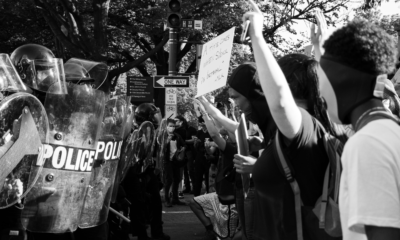
 Legal3 years ago
Legal3 years agoThe right to protest in a Covid-19 era
-
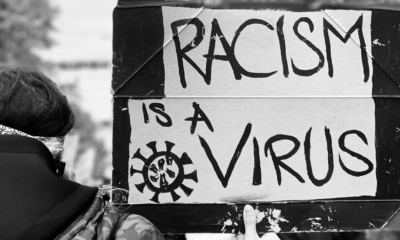
 Legal3 years ago
Legal3 years agoA Public Health Approach to Tackling Racism
-
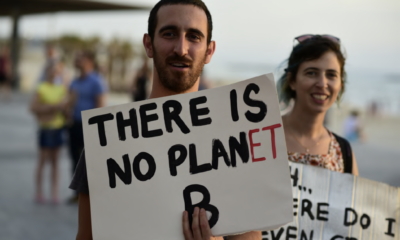
 Legal3 years ago
Legal3 years agoA Runaway Decision? Discussing and Defending R (Plan B Earth) v Secretary of State for Transport
-
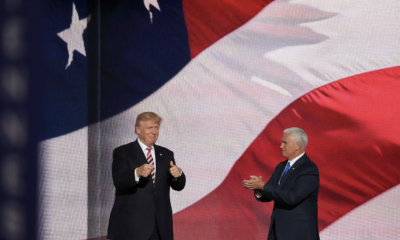
 Legal3 years ago
Legal3 years agoTrump: the most prolific execution President in over 130 years
-

 Legal7 months ago
Legal7 months agoIs unjust enrichment really concerned with enrichments?
-

 Economic3 years ago
Economic3 years agoWhat is the Rule of Law and What Difference Does it Make?






